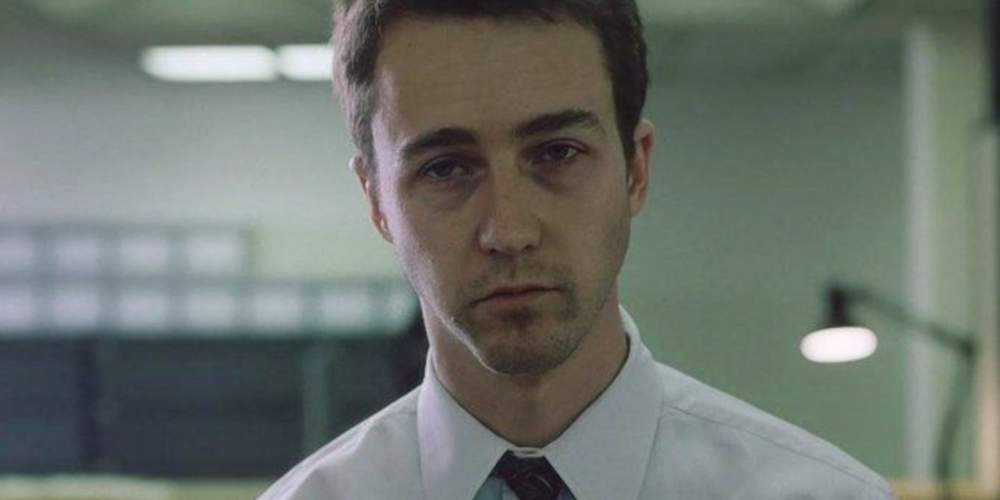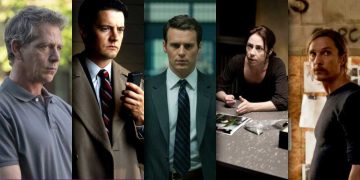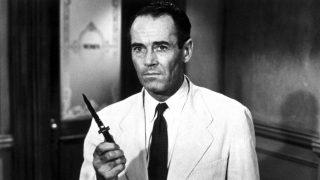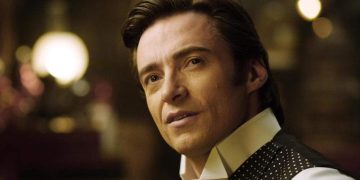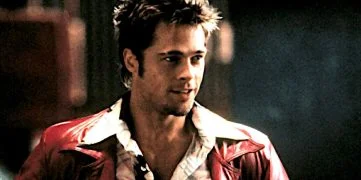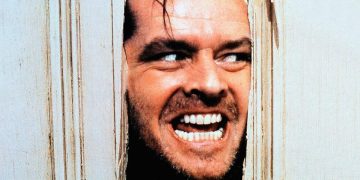In movies and TV shows, some characters are shifty and vague and exude a sense of untrustworthiness—and sometimes that happens because they're unreliable narrators. Unreliable perspectives can come from dark motives, mental instability, or clouded emotions.
Unreliable narrators are tricky because they might be intentionally lying to deceive other characters (or viewers), or they might just be lost in themselves and trying to pick up the pieces of their stories.
Either way, the unreliable narrator is one of the more useful narrative tropes in how it can shake up a story, inject mystery, and climax with unpredictable twists.
Here are my favorite unreliable narrators in movies and TV shows.
12. Verbal Kint in The Usual Suspects (1995)
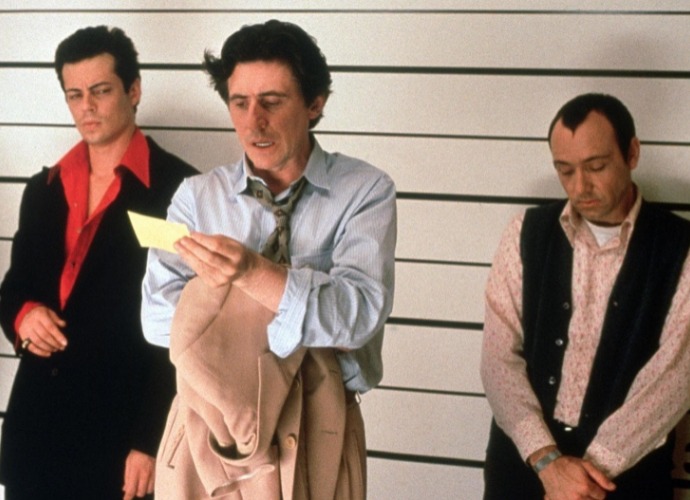
Before watching The Usual Suspects, place yourself in the shoes of Agent Kujan, who's tasked with investigating a massacre on a ship. He's left to interrogate one of the two survivors and try to interpret his convoluted stories. In his shoes, you'll better appreciate the iconic twist.
Verbal Kint of The Usual Suspects is the archetypal unreliable narrator. His unstoppable yapping, his shaking, his stutters—they all point to the fact that something is amiss.
Granted, his accomplices also make for unreliable narrators in themselves, as seen in their first interrogation. But in Kint's case, you're never sure if he's a truthful witness or a clever deceiver.
11. Rust Cohle and Marty Hart in True Detective (2014)
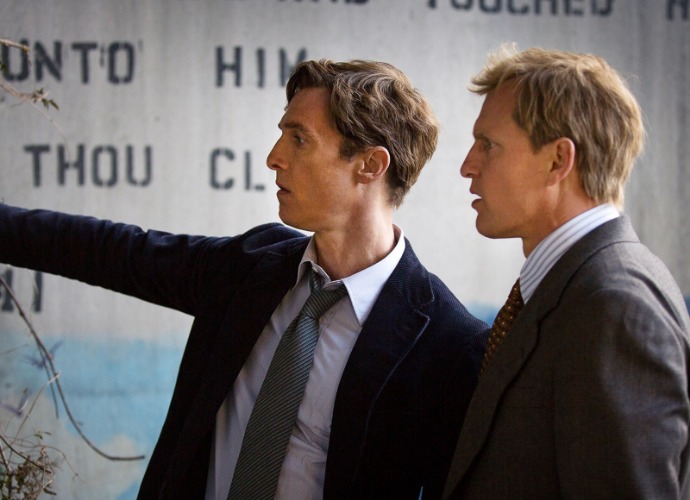
In the acclaimed anthology series True Detective, nearly every character is a red herring or an unreliable narrator. Even the main characters—detectives Rust Cohle (Matthew McConaughey) and Marty Hart (Woody Harrelson)—have their own flaws that make them unreliable.
Cohle has a hard time dealing with psychological trauma, substance abuse, and teetering vices cancel out his credibility. Hart does his best to manipulate and deflect anything shady from him.
Throughout the first season, we're confronted by which detective we can best rely on—and that makes the suspense in True Detective pay off.
10. Teddy Daniels in Shutter Island (2010)
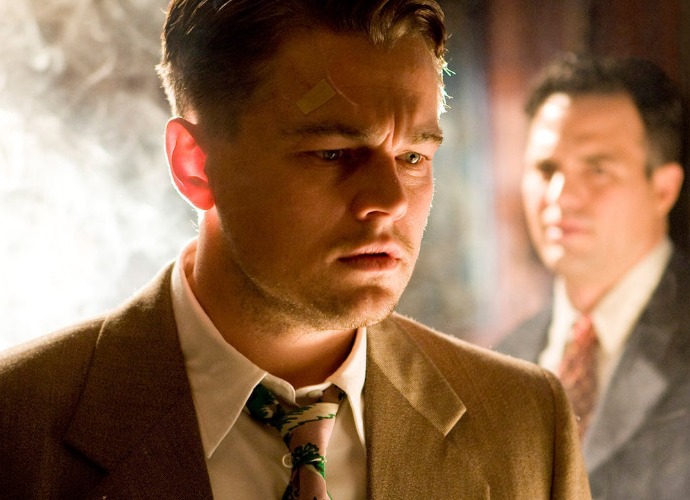
Shutter Island requires full concentration to catch all the clues and grasp its lurking mystery. This Martin Scorsese gem follows Deputy US Marshal Edward "Teddy" Daniels (Leonardo DiCaprio) who's sent to the titular island to investigate a missing patient.
But as Teddy gets closer to the truth, his sanity is tested. Following Teddy's investigations—and dissecting the clues ourselves—show us that he has the telltale signs of an unreliable narrator, from his desperate questions to his stark denials.
And as the film closes in on its mystery, the entire story changes. It's the kind of thriller that lingers with you long after.
9. Everyone in Rashōmon (1950)
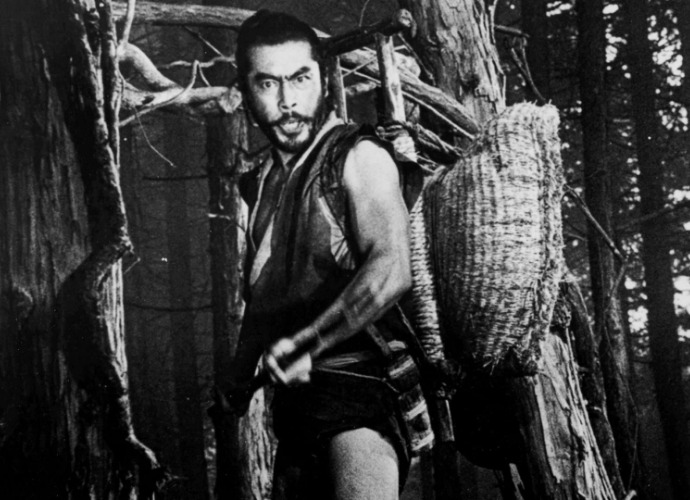
Rashomon is one of the most definitive examples of unreliable narrators in cinema. In fact, it's so iconic that there's even a term named after the film: the Rashomon effect refers to how a group of individuals often give opposing interpretations of the exact same event or situation.
The Akira Kurosawa film follows a group of witnesses in the case of a slain samurai in the forest. Each of them shares a different story, with some lying or inflating their accounts. Kurosawa never emphasizes which story is true, not even the assaulted wife's.
8. Elliot Alderson in Mr. Robot (2015)
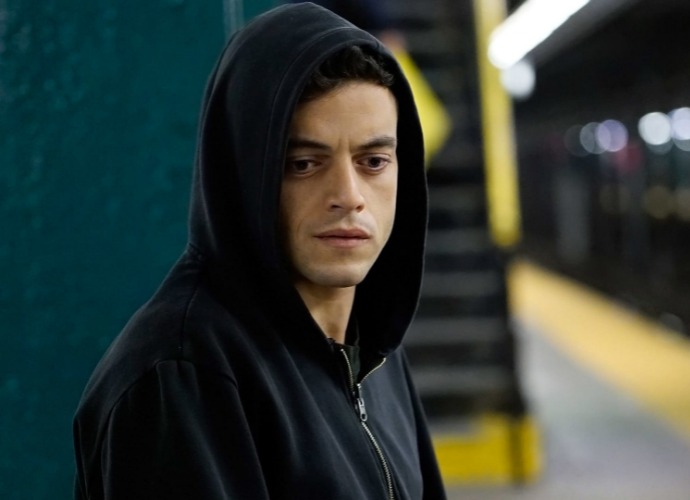
There's nothing unquestionable about Elliot Alderson. The unstable hacker has his own mental episodes that make it hard to trust him. Looking at the scenarios he falls into and the felons he deals with, it seems obvious that Elliot's accounts are biased and inconsistent.
The most blatant clue is his dependence on drugs. It slowly cripples his sense of reality so that he never questions why his stories are so absurd. Furthermore, you'll need to observe the way he interacts with Mr. Robot (Christian Slater). See it slowly unfold.
7. Leonard Shelby in Memento (2000)
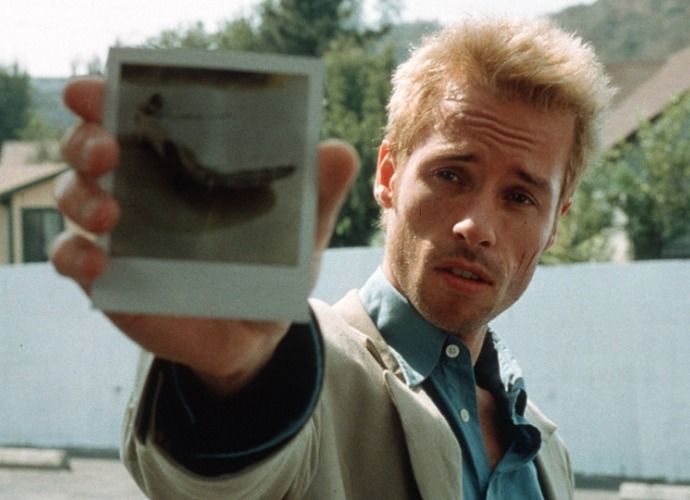
Amnesia in movies is a red flag that immediately marks a character as unreliable. In the Christopher Nolan gem Memento, a man named Leonard Shelby (Guy Pearce) struggles with short-term memory loss due to anterograde amnesia.
In the course of this thriller, it's challenging to grasp which memories of Leonard are real or not. The narrative is made even more complex by the fact that scenes are played in reverse chronological order, which really drives home the feeling of not knowing the recent past.
6. Pi Patel in Life of Pi (2012)

If you want an ambiguous story from an unreliable narrator, look at Yann Martel's Life of Pi. Based on the book, this film has many colorful anecdotes that'll have you believing in a more fantastical story—the friendship between Pi Patel and Richard Parker (a wild Bengal tiger).
Both the book and the film interpret Pi as a profound storyteller who denies some realities. After his rescue, he tells two versions of the same shipwreck: the one with his mother and two crew members, and the one with animals like Richard Parker.
5. Nick and Amy Dunne in Gone Girl (2014)
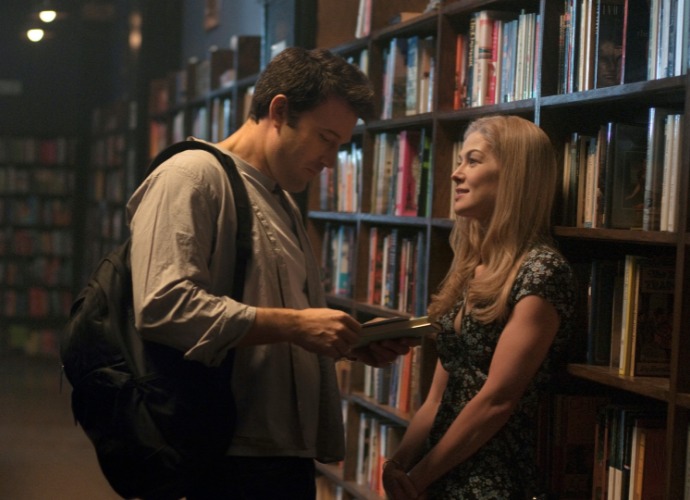
In Gone Girl, audiences are given the choice of whom to trust: Nick Dunne (Ben Affleck) or Amy Dunne (Rosamund Pike). Both parties contribute to the problems in their marriage, and both have credible reasons as to why we shouldn't believe what they're saying.
In Nick's case, he's been unfaithful and apathetic toward his wife. In Amy's case, she exhibits subtle signs of sociopathic behavior. With every scene we watch, this David Fincher thriller makes us want to change our allegiances with every new bit of information that crops up.
4. The Narrator in Fight Club (1999)
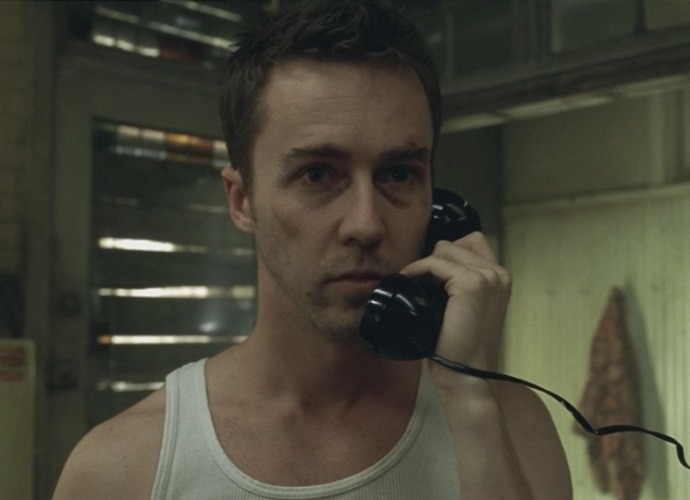
One of the most famous examples of a movie with an unreliable narrator is Fight Club, where the protagonist (Edward Norton's character) is simply called "The Narrator."
He starts as a lowly employee who feels unrewarded and torn by his work. The Narrator remedies his despair by creating a "fight club" with enigmatic soap salesman Tyler Durden.
By the time Durden steps into his life, you're already questioning the sanity of the Narrator due to his levels of rage and abrupt fourth-wall breaks. And eventually the truth of Tyler Durden is revealed.
3. Alex DeLarge in A Clockwork Orange (1971)
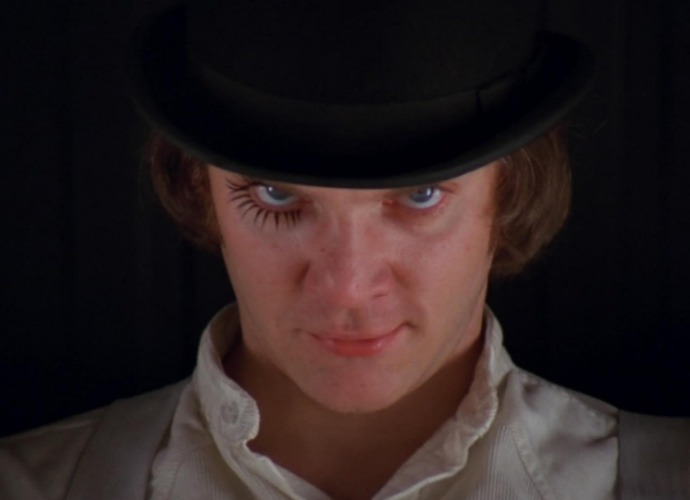
The last thing to expect from Alex DeLarge in A Clockwork Orange is for him to be a figure of honesty.
Looking at his nihilistic views and immorality, it's no surprise that he twists his stories to get off scot-free with every instance of misbehavior. His delusions are cloaked with charisma.
Indeed, Alex possesses a delusion of grandeur. Just look at the way he uses Nadsat as his language and how others perceive it. That makes every word of his deceptive and senseless, and his misconceptions make him all the more dangerous to confront.
2. Dr. Caligari in The Cabinet of Dr. Caligari (1920)
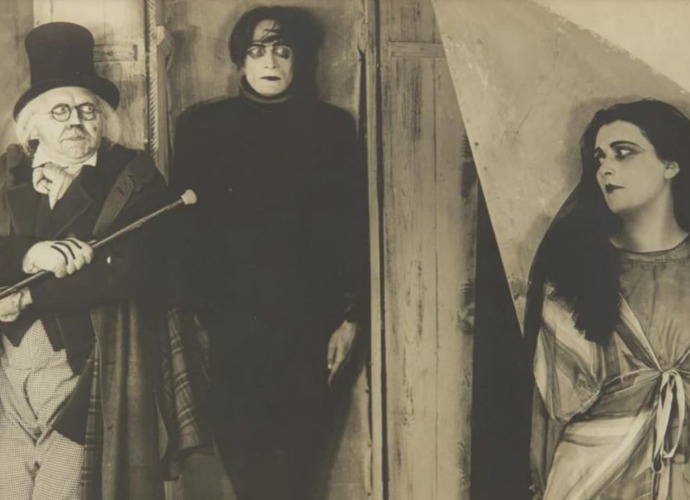
The Cabinet of Dr. Caligari is one of the earliest examples of surreal cinema. It twists the mind thanks to the film's unreliable narrator, Dr. Caligari, who manipulates a carnival somnambulist named Cesare to do his bidding and commit murders.
Dr. Caligari is dangerously devious enough, but we're always in doubt as to whether his methods are authentic. Take note as you observe the bizarre sets, the gothic visuals, and the head-scratching ending. It fits right in with the head-spinning art of German Expressionism.
1. Briony in Atonement (2007)
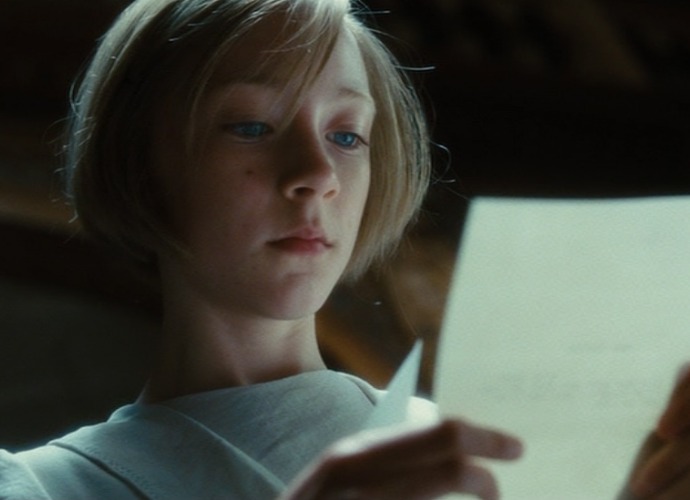
Based on the Ian McEwan novel, Atonement tells the story of how deception can last throughout time. It follows a girl named Briony (Saoirse Ronan), who accuses her sister's lover Robbie (James McAvoy) of a crime he didn't commit.
Briony can be seen as an unreliable narrator due to her ambitions as a writer and her bias against her sister Cecilia (Keira Knightley). Little does she know that her deception changes both of their lives.
Up to the very end, we're left guessing as to who holds the whole truth—and when the truth is revealed, you'll be blown away.
